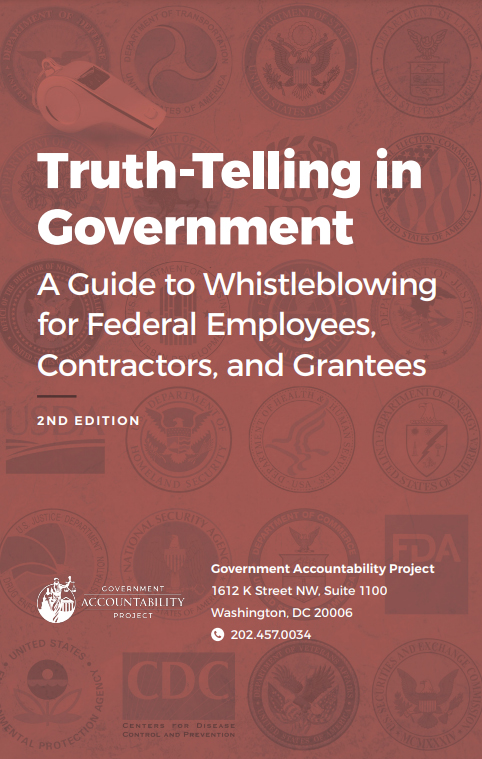Resources For Democracy Whistleblowers
Protect democracy – and yourself.
Be it a Department of Homeland Security employee raising concerns about foreign interference in elections, a state election worker reporting political interference with counting ballots, or a Big Tech worker warning about the spread of disinformation to foment politically motivated violence on social media, employees who witness and report wrongdoing are often the best defense against efforts to undermine democracy.
While various federal and state laws exist to protect and encourage workers to blow the whistle on serious abuses and misconduct, the legal landscape is complicated. No single law protects all whistleblowers; instead, a patchwork of more than 60 federal statutes and numerous state and local laws provide redress. Each law has different remedies, different procedural steps, and different paths for enforcement. Not only can it be difficult to evaluate available legal options depending on each unique set of facts, but it can also be difficult to navigate the legal process once a particular path is chosen.
Before blowing the whistle, it is vital to understand your rights, risks and options to minimize the risk of reprisal and maximize the likelihood of making a difference by reporting serious misconduct.
The following guides offer an introduction to the legal landscape of whistleblower laws along with survival tips, best practice advice and other guidance about navigating the complex path of blowing the whistle safely and effectively. They are neither comprehensive nor should be construed as offering legal advice.
Resources for Whistleblowers

Our government’s integrity depends on the commitment and effort of millions of federal employees, contractors and grantees around the world. Those same workers are in the best position to learn when decisions and actions deviate from the core mission and responsibilities of government, be it through corruption, failing to comply with laws and regulations, wasting taxpayer money, jeopardizing public health and safety, or otherwise abusing the public trust. As a new administration takes office and the coronavirus pandemic continues, information remains our most powerful tool to promote open and accountable government. In order to support those speaking up for truth, we developed the second edition of our guide for federal government employees, contractors, and grantees–across all agencies and issues—who have discovered serious abuses of public trust and need guidance about their rights, risks and options. Whether you have yet to raise concerns or have already made disclosures, this guide is the first step for navigating the complex path of whistleblowing safely and effectively.

Ethical election workers and officials are the best defense against illegal interference with our right to vote and have our votes counted. But false claims about election integrity have not only put the nonpartisan administration of our elections at risk, but election workers as well. This guide can help election workers protect democracy while protecting themselves.

